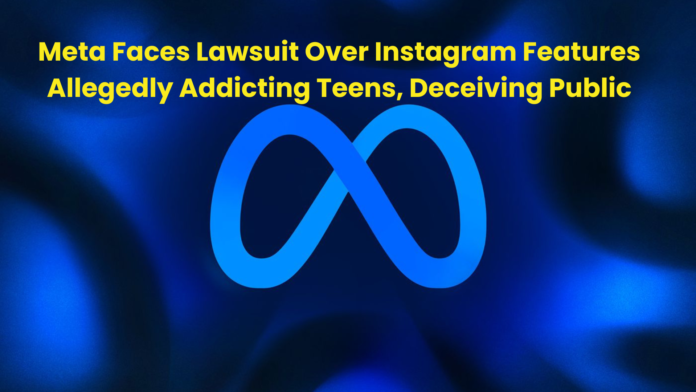Meta Platforms (NASDAQ: META), the parent company of Instagram, will face a lawsuit from the state of Massachusetts, accusing the social media giant of intentionally designing features on its platform to hook young users and mislead the public about the mental health risks posed to teenagers.
The case, filed by Massachusetts Attorney General Andrea Joy Campbell, alleges that Meta violated state consumer protection laws and contributed to a public nuisance by downplaying the harmful effects Instagram has on young users’ mental well-being. On Friday, Suffolk County Superior Court Judge Peter Krupp ruled against Meta’s request to dismiss the case, allowing the lawsuit to proceed.
In her complaint, Campbell accuses Meta of deploying addictive features on Instagram, specifically designed to increase engagement among teenagers, despite evidence that such features contribute to anxiety, depression, and other mental health issues in young users. The lawsuit contends that the company was aware of these risks but chose not to disclose them, deceiving the public and continuing to profit from its predominantly young user base.
Meta had sought to have the case dismissed, arguing that the lawsuit lacked sufficient grounds and that the company’s actions did not violate state laws. However, Judge Krupp’s ruling means that the case will now move forward, potentially setting the stage for a lengthy legal battle.
Massachusetts is not the only state scrutinizing Meta’s practices. In recent years, concerns about social media’s impact on mental health, particularly among teenagers, have prompted broader investigations and legal challenges across the United States.
Meta, which owns Facebook, Instagram, and WhatsApp, has faced mounting criticism from lawmakers and advocacy groups about its platforms’ impact on youth mental health. In response to the lawsuit, a Meta spokesperson reiterated the company’s commitment to user safety and pointed to various measures it has taken to address mental health concerns, including parental controls and in-app resources.
The lawsuit comes as part of a broader push by Massachusetts and other states to hold tech giants accountable for their influence over young users and the alleged harm caused by their platforms.




